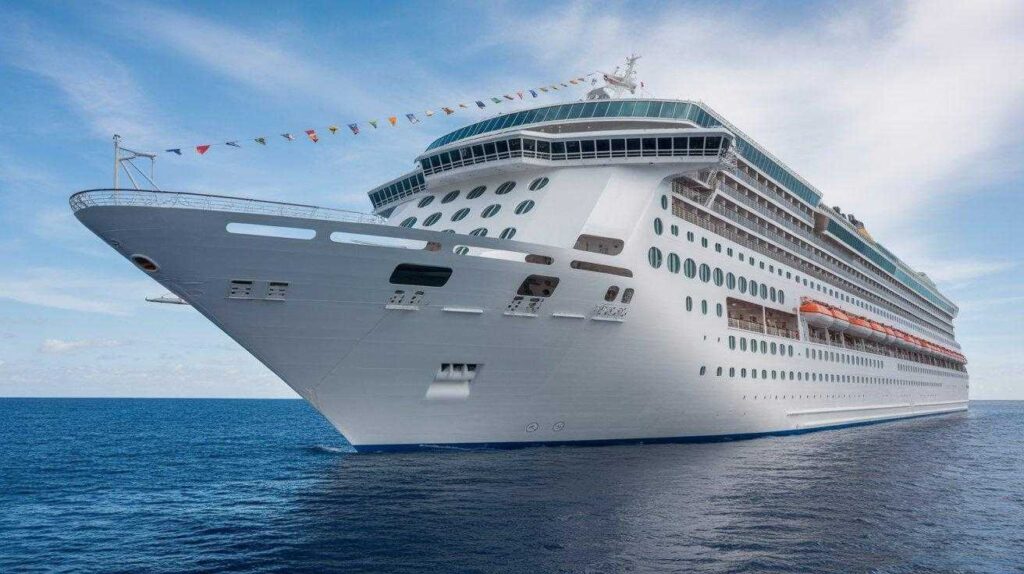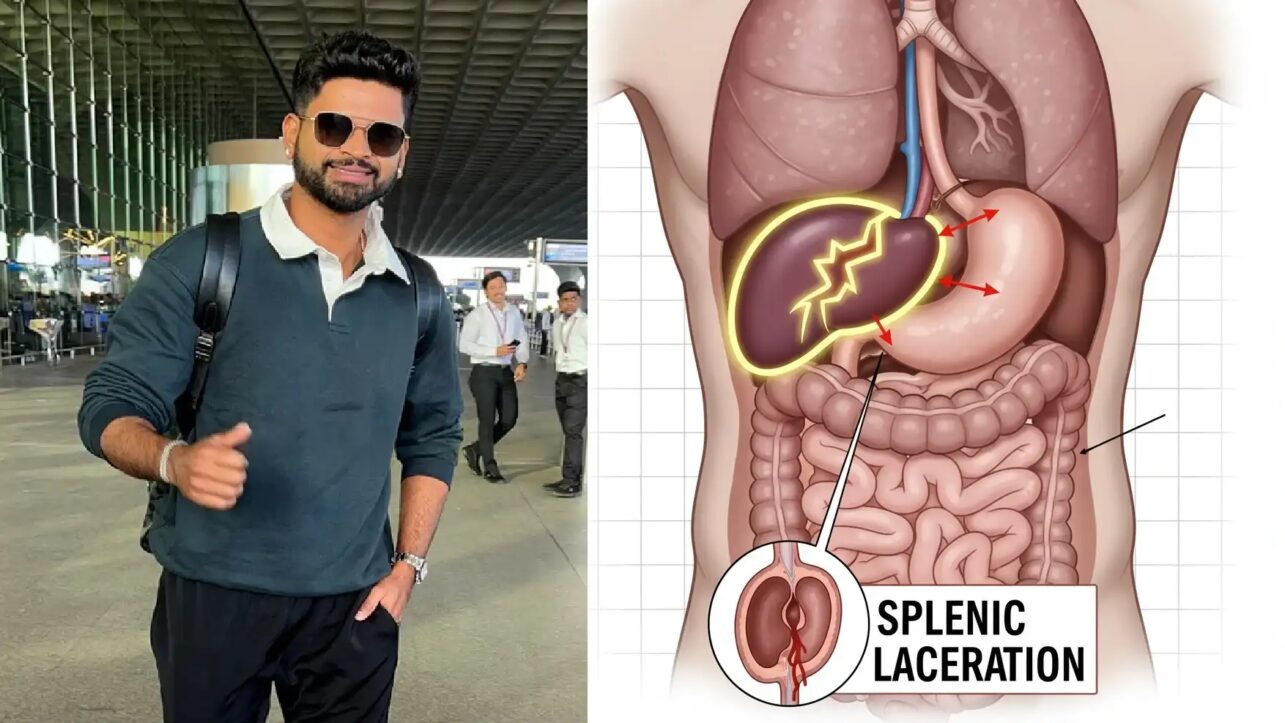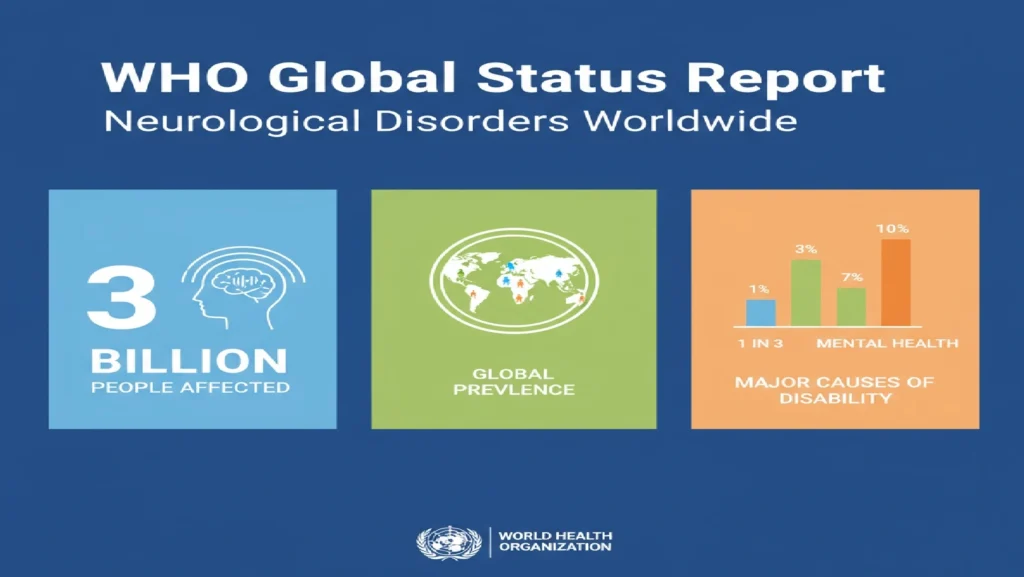A recent norovirus outbreak aboard Royal Caribbean’s Serenade of the Seas cruise ship has affected over 100 passengers and a crew member during a 13-day voyage from San Diego to Miami, once again spotlighting the global and local health threats posed by this highly contagious virus. This incident recalls India’s 2025 outbreak of Guillain-Barré Syndrome (GBS) in Pune, which was linked to a mutated norovirus strain, marking an alarming connection between gastrointestinal illness and rare neurological complications.
The Serenade of the Seas set sail on September 19, 2025, carrying 1,874 passengers and 883 crew members. As the ship visited Mexico, Costa Rica, the Panama Canal, and Colombia, 94 passengers and 4 crew members reported symptoms including vomiting and diarrhea. The outbreak was reported to the U.S. Centers for Disease Control and Prevention’s (CDC) Vessel Sanitation Program on September 28. In response, Royal Caribbean intensified cleaning and sanitation measures, isolated affected individuals, collected stool samples, and collaborated with the CDC to manage the situation. The ship was scheduled to dock in Miami on October 2.
Norovirus is a highly transmissible virus causing acute gastroenteritis, characterized by nausea, vomiting, diarrhea, and abdominal cramps, typically manifesting 12 to 48 hours after exposure. Confined environments like cruise ships are particularly susceptible to rapid spread, leading to 19 gastrointestinal outbreaks on cruise ships tracked by the CDC in 2025, with 14 attributed to norovirus.
The Pune outbreak earlier this year shed light on the potentially severe consequences of norovirus infections beyond typical stomach illness. India’s National Institute of Virology identified a mutated norovirus strain (genotype GII.16[P16]) as a key factor in the 2025 GBS outbreak, affecting more than 200 individuals. Guillain-Barré Syndrome is a rare autoimmune disorder triggered by infections, causing muscle weakness and paralysis. The outbreak investigations also revealed co-infection with Campylobacter jejuni bacteria, with the mutated norovirus strain exhibiting genetic changes possibly linked to nerve damage. This finding highlights the virus’s evolving nature and its ability to cause serious neurological complications following acute gastroenteritis.
The genetic similarities of norovirus strains found in Pune to those detected globally, including in the United States, Germany, and Russia, emphasize the virus’s worldwide presence and the ongoing threat it poses. This connection between the Royal Caribbean outbreak and the Pune GBS crisis underscores the critical importance of public health vigilance at both national and international levels.
For Indian travelers and the wider public, these events underscore the necessity of preventive hygiene practices such as frequent hand washing, consuming safe food and water, avoiding contact with infected individuals, and seeking early medical care upon developing symptoms. The Pune outbreak has propelled research and enhanced surveillance efforts within India to better understand norovirus’s impact and to devise strategies to prevent future outbreaks and serious complications.
Royal Caribbean reaffirmed its dedication to passenger safety, stating, “The health and safety of our guests, crew, and the communities we visit are our top priority. We implement rigorous cleaning protocols, many of which exceed public health recommendations.”
As norovirus outbreaks increase worldwide, the Royal Caribbean incident and Pune’s rare GBS outbreak collectively highlight the urgent need for education, monitoring, and preparedness to mitigate this persistent viral risk.





















